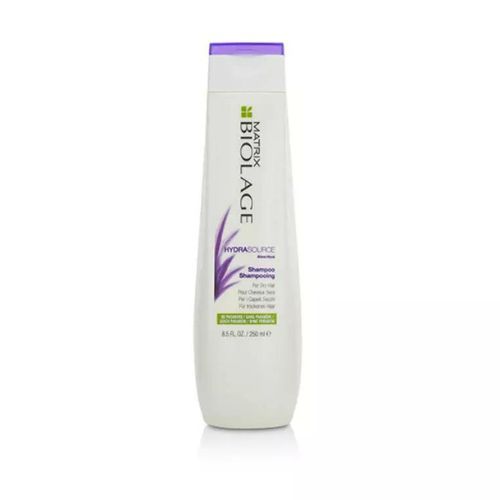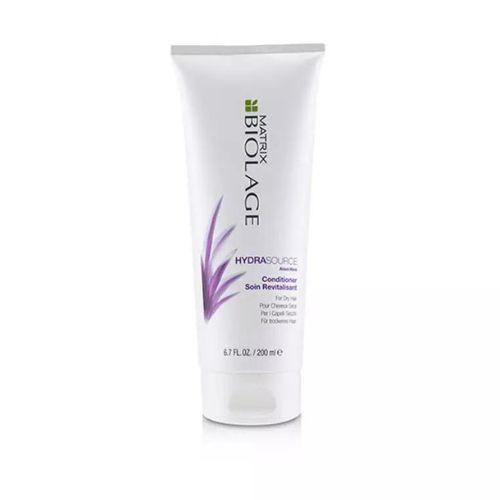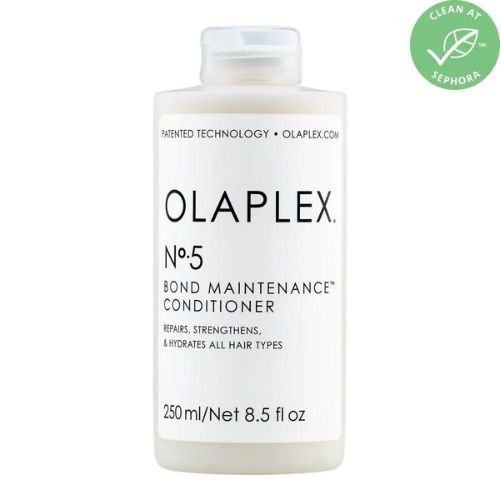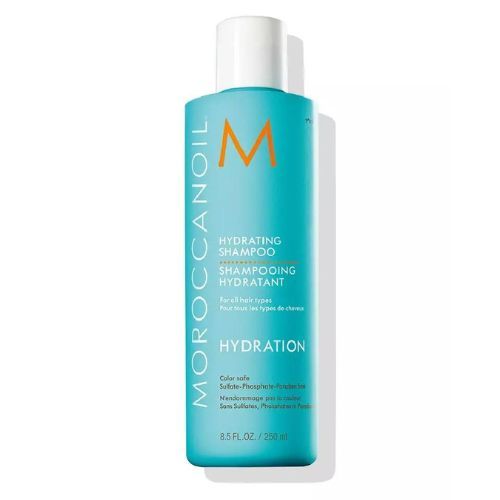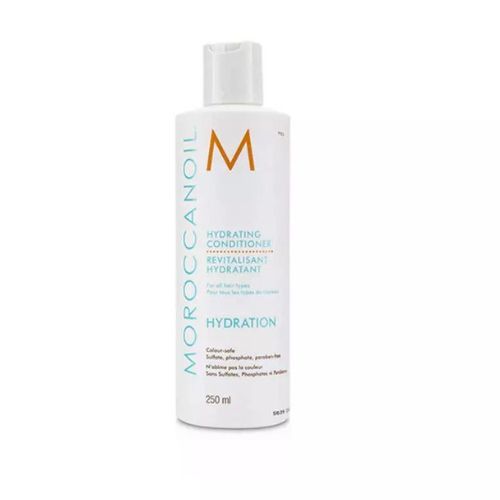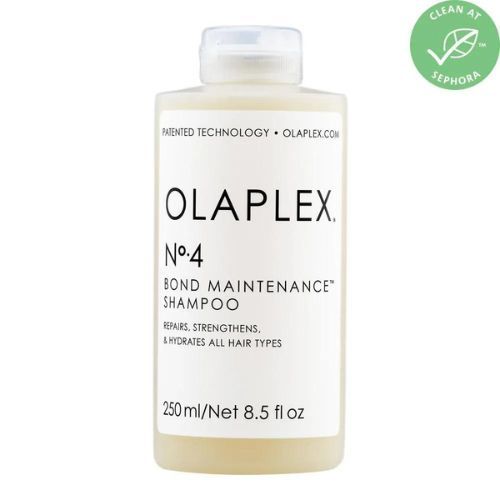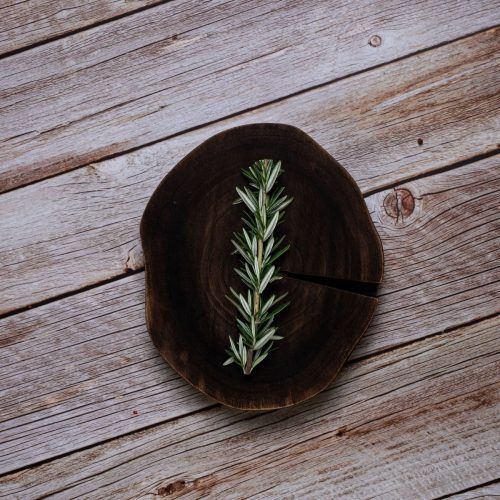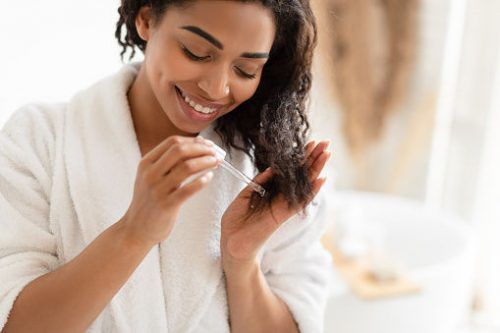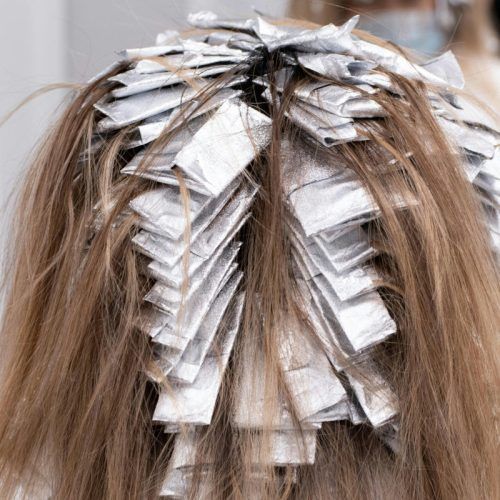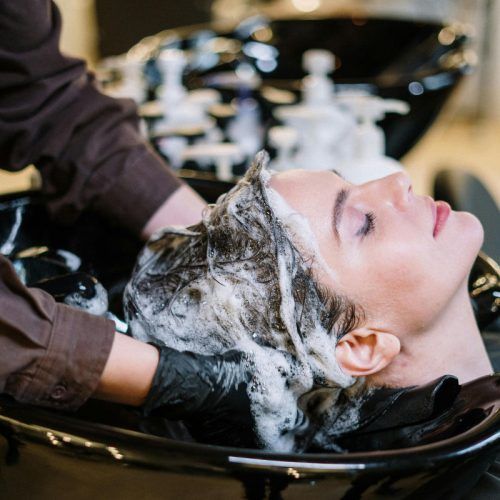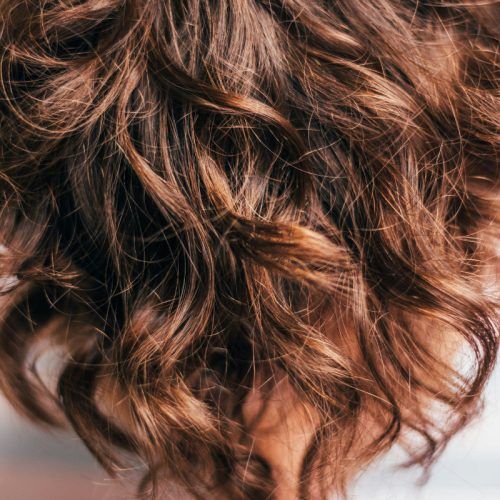While conversations around hair fall and its prevention have garnered much momentum in the beauty industry, another significant cause for hair loss — hair breakage — often remains unexamined.
Although the terms are often used interchangeably, hair fall and hair breakage are not the same. While hair fall is a result of damaged roots or follicles, hair breakage can happen anywhere on the hair shaft. The latter can leave you with split ends that can shorten the length of your hair, resulting in frizzy or coarse strands.
Common causes of hair breakage
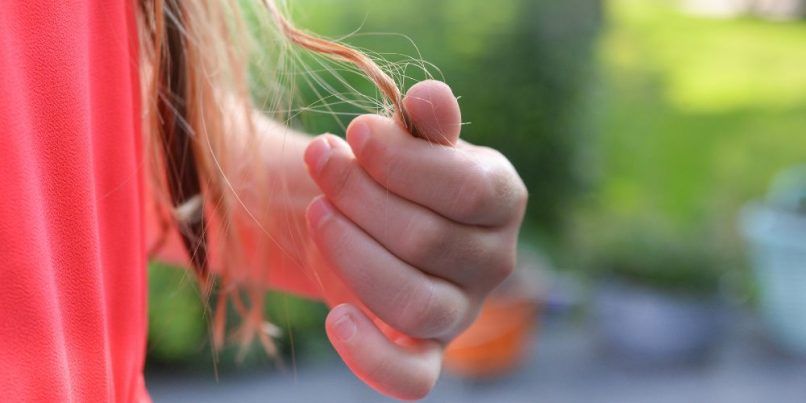
Most often, breakage is the result of the mistreatment of hair. Habits such as excessive brushing, opting for tight hairstyles that create tension on the strands, and excessive heat styling are the most common causes of hair breakage. According to Medical News Today, an unhealthy scalp that leads to frequent itching can also cause hair to break off.
However, in most cases, hair breakage is reversible. A little care and proper treatment can help you maintain your tresses well.
Here are some ways to prevent hair breakage
Moisturisation is key

Just like your skin, your hair also needs moisturisation. This ensures your strands are hydrated, reducing the chance of dryness, which is associated with breakage. Always wash your hair with a moisturising shampoo and a deep conditioner that suits your hair type. Make sure to lock in the moisture in your hair by using effective natural oils like castor oil, olive oil, almond oil, or argan oil.
Biolage Hydra Source shampoo and Conditioner
Buy the best hydrating shampoos and conditioners here
Buy more products here
Use hair masks
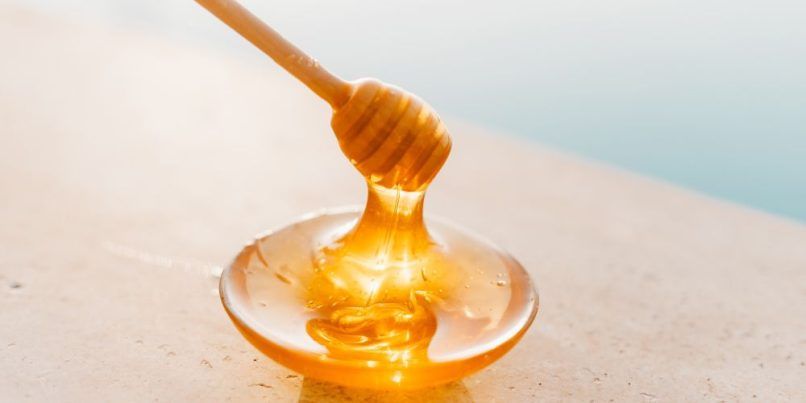
Use a natural hair mask once a week for healthy hair growth. According to Healthline, hair masks penetrate deep into your hair strands and make them strong. You can also prepare plenty of hair masks at home in a jiffy.
Here are two effective DIY hair masks to stop hair breakage
Blend a ripe banana, a few spoons of honey, and yoghurt into a fine paste. You can apply this on your hair as a natural hydrating mask. Bananas are rich in potassium and silica that nourish hair strands. Honey is a good moisturiser and has rich antibacterial and anti-inflammatory properties. Yoghurt has bacterial enzymes that soothe the scalp and prevents dandruff and itchy scalp. You can rinse off this mask in running water.
Another quick hair mask you can try is the aloe vera and coconut milk hair mask. Mix natural aloe vera gel and freshly extracted coconut milk. Apply this paste to your hair and wash it off using a good-quality shampoo and conditioner. Don’t forget to lock in the moisture with a serum.
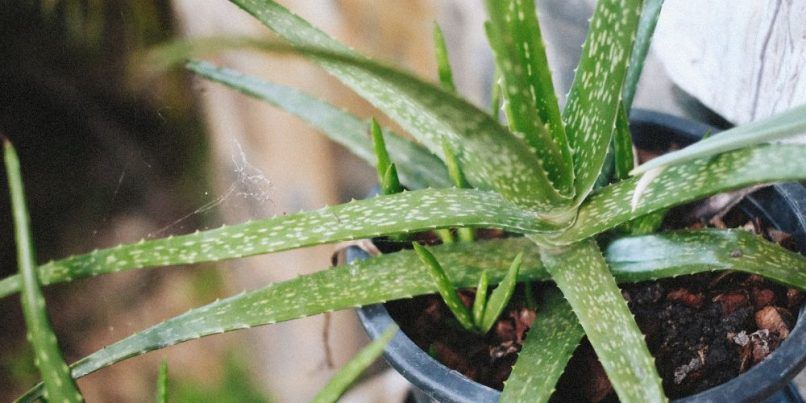
If you do not have time to invest in an elaborate hair routine, at least make sure that you invest in the right shampoo and follow it up with a leave-in conditioner.
Avoid heat
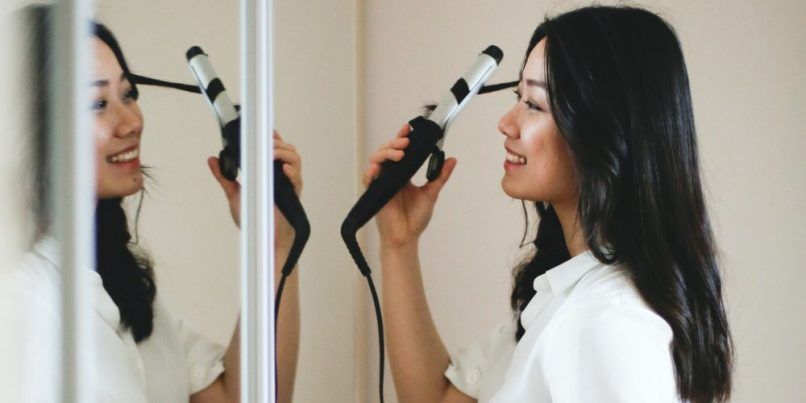
Regular use of heating tools like flat iron, curling iron, and blow dryers weakens hair strength. A study published in Annals of Dermatology reveals that excessive heat can burn your cuticles leading to long-term damage. Always remember to use a heat-protecting spray before you style your hair. This can minimise hair damage to a certain extent.
Use ceramic styling tools as they heat up more evenly and are gentler on your hair. An evenly heated tool ensures that you need not apply heat to the same section of hair repeatedly to achieve the desired result. Additionally, there are a lot of overnight curling hairstyles available in the market that you can try instead of resorting to heating.
Proper brushing
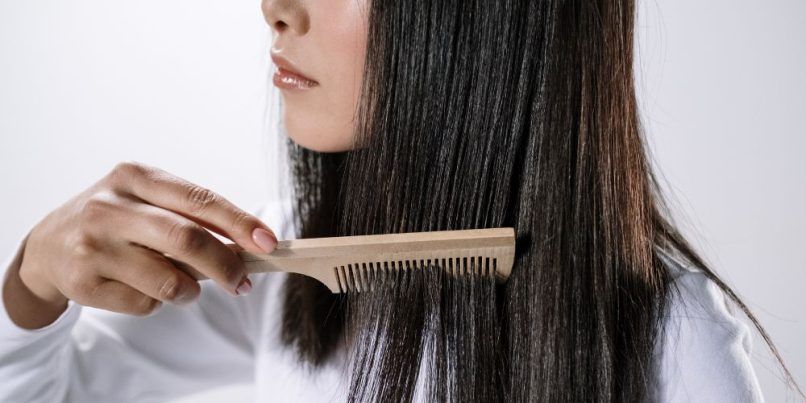
Overbrushing your hair does more harm than good. It can turn your hair frizzy and unmanageable.
Brush your hair gently only when you want to style it. Apply serum and use a wide-tooth comb to detangle your tresses when they are dry. Avoid combing wet hair as it is very fragile and can break off easily.
Healthy food, healthy hair
No matter how much you take care of your hair externally, it will only stay healthy if you consume a healthy diet. Ensure your diet includes food items that are rich in protein, iron, zinc, and folic acid. Healthline recommends adding eggs, green leafy vegetables, nuts, and fruits rich in Vitamin C to your diet.
A balanced diet and proper intake of water can prevent breakage to a great extent.
Regular hair trims
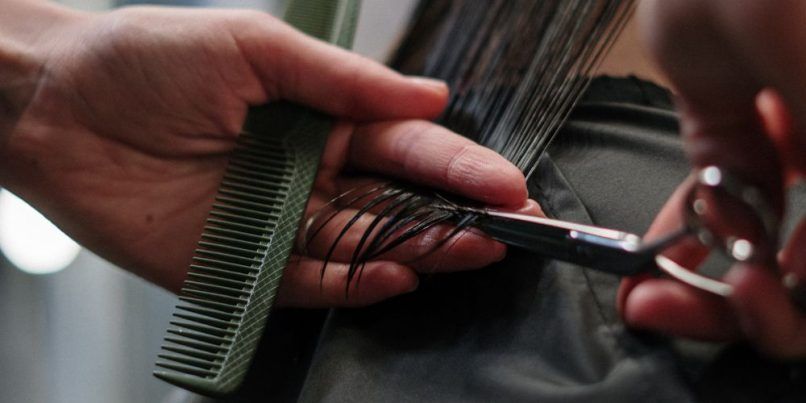
Healthline recommends that you trim your hair every six to eight weeks. Regular hair trims prevent split ends and add volume to the ends. If your hair is already damaged, do not hesitate to try a new haircut that eliminates the damaged ends. Any damaged hair should be trimmed to prevent future hair breakage.
Proper drying
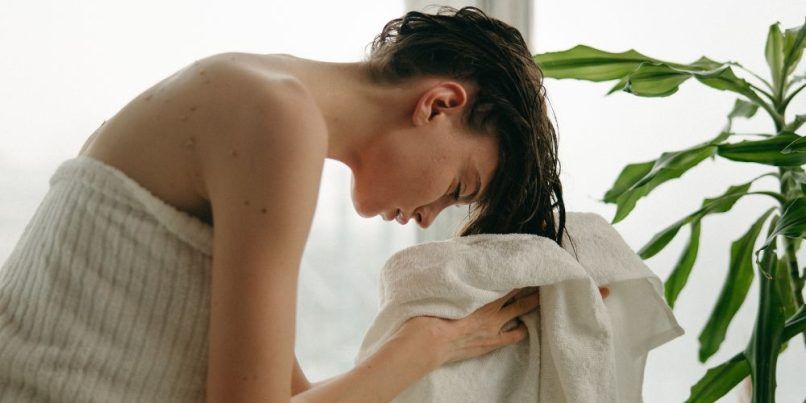
After every hair wash, take care not to dry your wet hair vigorously. Remember, your hair is weakest when it is wet, and friction can lead to unwanted hair loss. Dry your hair using a microfiber cloth or an old T-shirt, instead. Blow-drying your hair frequently can also make it dry and brittle.
Change your pillowcases and hair ties
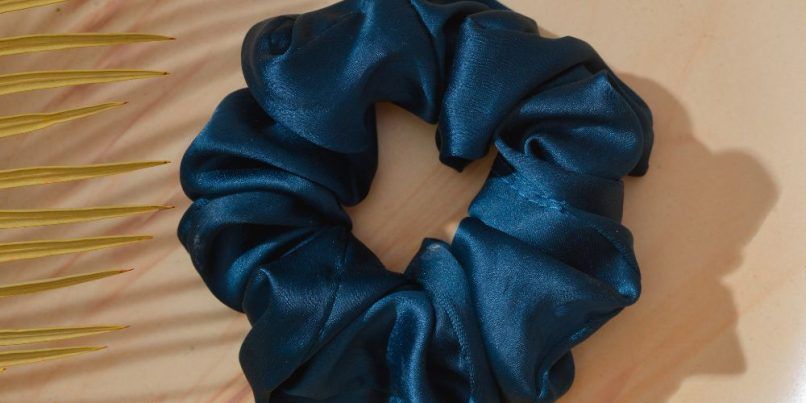
Cotton pillow covers can be harsh on your hair. When you sleep on a cotton pillowcase, your hair strands can rub against it, causing hair breakage and unwanted shedding. The Washington Post recommends switching to a satin or silk pillowcase that is gentler for your hair. This way, you can limit the hair loss caused due to friction.
Use satin hair ties while styling your hair into a bun or tight ponytails. They are soft and won’t break off hair while you remove them.
Say no to chemical treatments
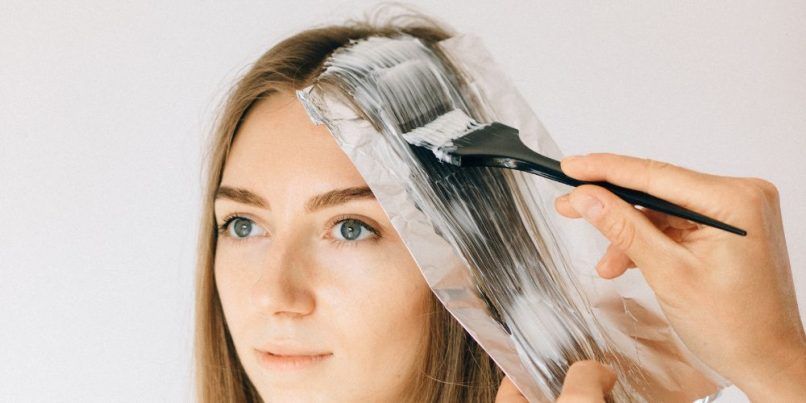
Chemical treatments like hair colouring, hair straightening, and hair perming can hamper the health of your locks by weakening the strands and damaging the cuticles over time. Hair dyes work by penetrating the cuticle and entering the cortex of your hair. This can often hamper naturally produced sebum from moisturising the strands. Hence, repeated hair colouring sessions are a bad idea if you are looking for a fuller mane.
Additionally, hair colours may contain ammonia, traces of metal compounds, and other harsh chemicals that may irritate your scalp. This can lead to contact dermatitis, a condition in which skin rash occurs due to contact with certain substances, reports Medical News Today.
You can opt for coloured hair extensions as an alternative. If you want to cover grey hair, you can consider natural methods like applying henna paste.
Regular oiling
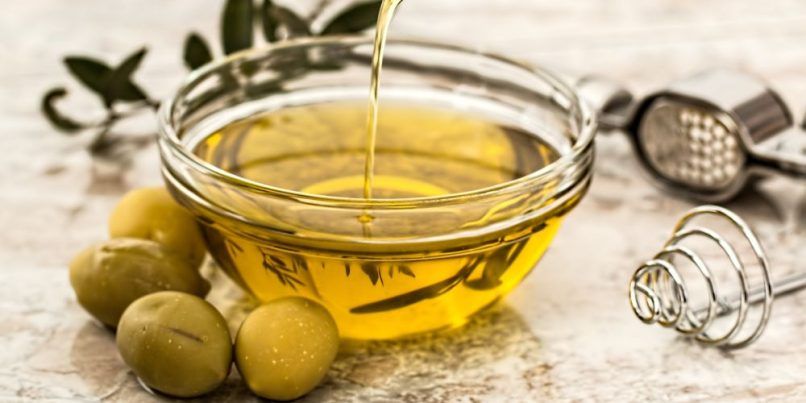
Oil works like a miracle on your hair. Massaging your scalp with a good hair oil is vital for new hair growth. Healthline outlines many benefits of hair oiling. It improves blood circulation, prevents drying of hair, and keeps the roots strong.
Apply lukewarm oil on your scalp by partitioning your hair. You can rinse it off with a good-quality shampoo after 30 minutes. Even though oiling is good for your hair, never leave it on for long. Greasy hair can attract dust from the surroundings to your scalp and cause dandruff. So, wash off the oil with shampoo when you’re done.
You can choose from a variety of hair oils that protect your hair. These include rosemary oil, coconut oil, almond oil, castor oil, argan oil, and olive oil.
Manage Stress

A significant contributor to unexplained hair loss is stress. As published in the Nature Journal, researchers from Harvard University have identified the biological mechanism behind how stress affects hair follicles and leads to breakage. Additionally, Mayo Clinic reports, high stress can contribute to three main types of hair loss — telogen effluvium, trichotillomania and alopecia areata.
This explains why managing your stress levels is crucial for healthy hair. Setting a healthy routine and engaging in meditation and exercise can help you lower your stress levels.
(Hero and Featured Image credit: Helena I/Pexels)
Prices of the products mentioned in the story are subject to change.


